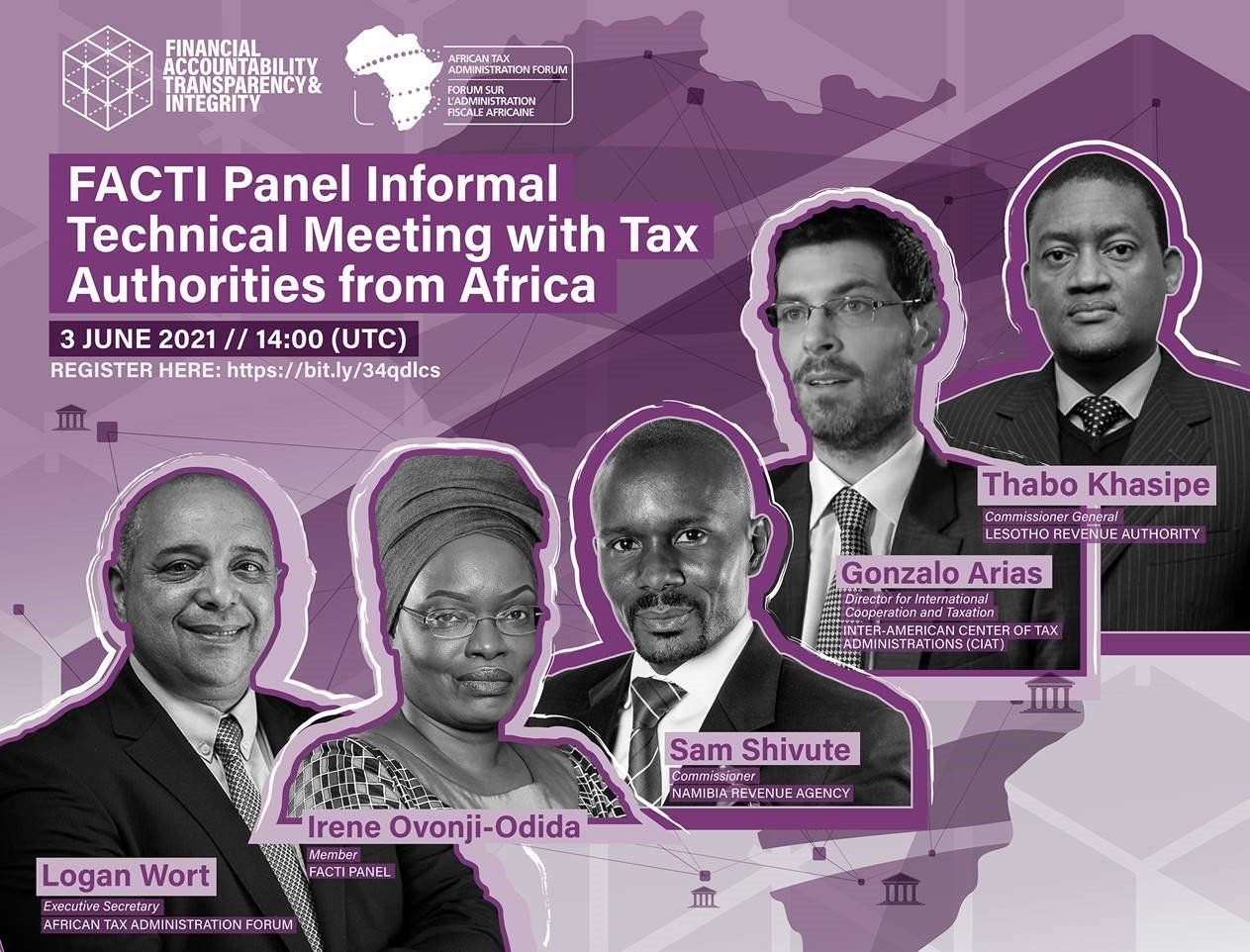FACTI Meeting focuses on effects of IFFs on developing countries

PRETORIA – The Financial Accountability Transparency and Integrity (FACTI) Panel met with African Tax Authorities to discuss the the effects of Illicit Financial Flows (IFFs) on developing and developed countries. More specifically, the meeting aimed at raising awareness among African government officials on the FACTI Panel recommendations to promote financial integrity and transparency globally.
The first speaker of the meeting, Irene Ovonji-Odida, FACTI Panel member, said: “Illicit financial flows remain a chronic problem for both developed and developing countries.”
According to the United Nations FACTI Panel, IFFs exacerbate high levels of inequality and poverty by depriving governments from the necessary resources to invest in sustainable development, such as education, healthcare systems and green energy.
Moreover, the transnational nature of harmful financial transactions and practices cause the shift of wealth out of developing countries, which face relatively larger impacts than developed countries.
The work of the FACTI Panel, which was convened in March 2020, culminated in a launch of a report on 25 February, 2021 to address these issues.
Ovonji-Odida argued that the effect of IFFs is felt largely by developing countries who lose billions in tax revenue.
“Billions are lost to tax evasion and corruption,” she added.
The report articulates 14 progressive and feasible recommendations to address IFFs, surrounding issues such as the taxation of the digital economy, cooperation on tax matters, a global minimum tax, beneficial ownership transparency, capacity building, and fostering asset recovery.
Speaking on behalf of the African Tax Administration Forum (ATAF), Mary Baine, noted that the COVID-19 pandemic put a sharp focus on IFFs.
“IFFs continue to pose a challenge to Africa's development. Moreover, the economic downturn experienced by COVID-19 brought to light the need for domestic resource mobilisation and stronger tax systems that are geared to stronger tax systems that are geared to reducing aggressive tax planning and other forms of profit stripping.”
Baine also hailed ATAF for the work the organisation continues to add to tax administrations.
“Thousands of tax officers have been trained to deal with transfer pricing abuses, and several transfer pricing Units were established in a dozen ATAF member countries.” She added.
Speakers Sam Shivute, Commissioner for Namibia Revenue Agency, and Setsoto Ranthocha, from the Lesotho Revenue Authority, agreed that collaborations with several institutions would help more African countries in becoming world class revenue collection authorities.
Gonzalo Arias, Director for International Cooperation and Taxation, closed the meeting by urging governments to reform the frameworks, mechanisms, and tools for enhancing cooperation and, promote more financial integrity and transparency to help mobilize more resources for sustainable development.
To read the full FACTI Panel report, click here: https://uploads-ssl.webflow.com/5e0bd9edab846816e263d633/602e91032a209d0601ed4a2c_FACTI_Panel_Report.pdf










